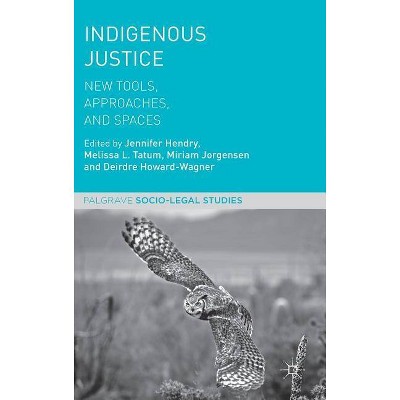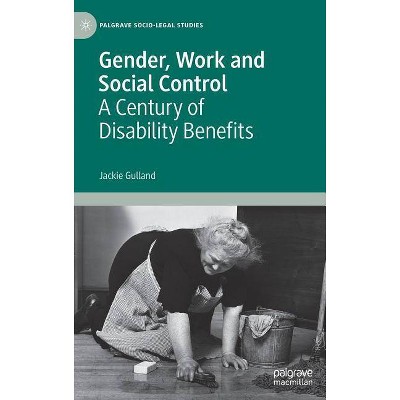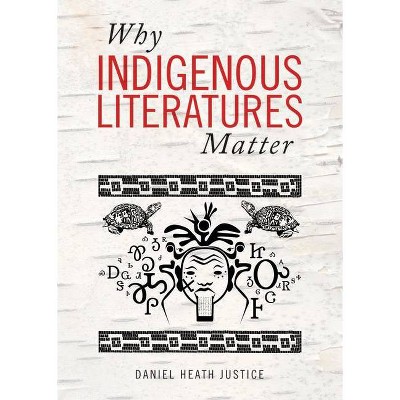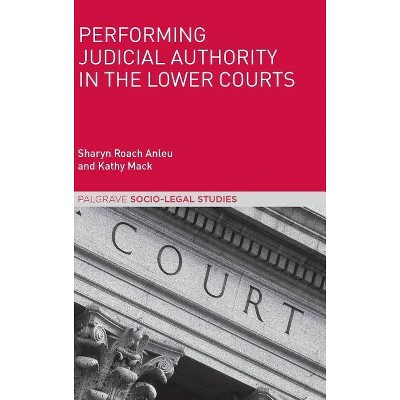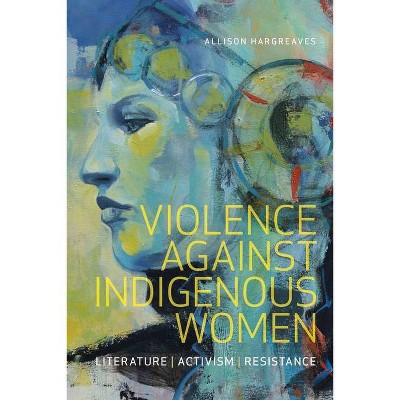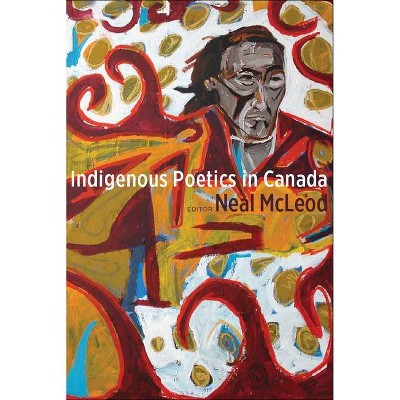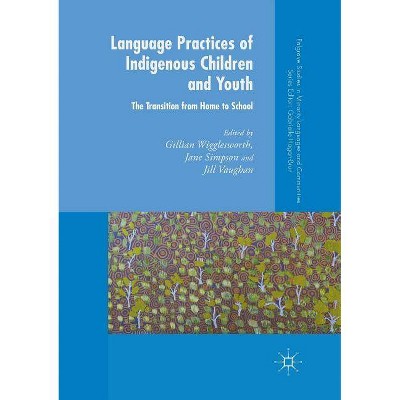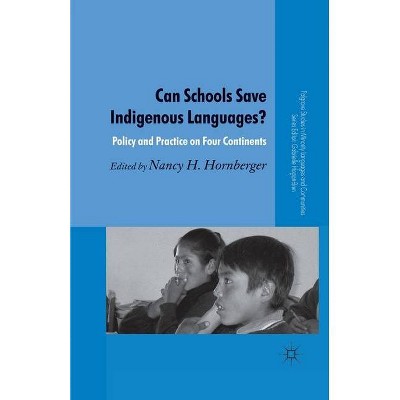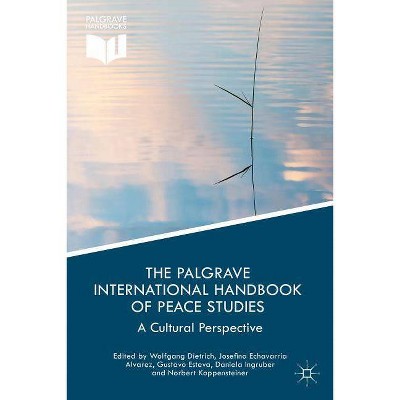Indigenous Justice - (Palgrave Socio-Legal Studies) by Jennifer Hendry & Melissa L Tatum & Miriam Jorgensen & Deirdre Howard-Wagner (Paperback)
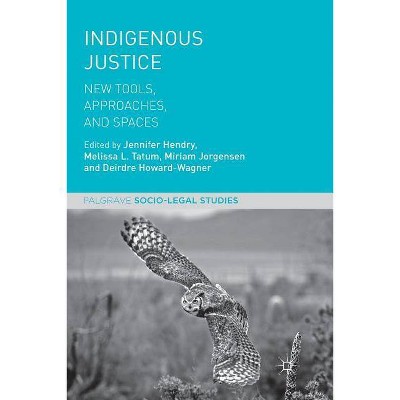
Similar Products
Products of same category from the store
AllProduct info
<p/><br></br><p><b> Book Synopsis </b></p></br></br><p>Chapter 1. Introduction.- Part I: A Look at the Existing System.- Chapter 2. Justice as Position, Justice as Practice; Stephen Cornell.- Chapter 3. Indigenous-State Relationships and the Paradoxical Effects of Anti-discrimination Law; Kirsty Gover.- Chapter 4. Pueblo Water Rights; Darren Modzelewski.- Chapter 5. Human Rights and Neoliberal Wrongs in the Indigenous Child Welfare Space; Teresa Libesman.- Part II: Incorporating Indigenous Laws, Methods, and Practices.- Chapter 6. Tsilhqot'in Nation; Renee Racette.- Chapter 7. Customary Law and Land Rights; Amrita Mukherjee.- Chapter 8. Making Space for Indigenous Justice in the Child Welfare and Protection Context; Sarah Ciftci.- Chapter 9. Taking Justice to Aboriginal People; Deirdre Howard-Wagner.- Chapter 10. Thoughts on the 'Law of the Land' and the Persistence of Aboriginal Law in Australia; Wantarri Steve Jampijimpa Patrick and Mary Spiers Williams.- Part III: New Tools and Partnerships.- Chapter 11. Building New Traditions; Jennifer Hendry and Melissa L. Tatum.- Chapter 12. Contestations of Space; Gina D. Stuart-Richard.- Chapter 13. Googling Indigenous Kamchatka; Benedict J. Colombi, Brian Thom, and Tatiana Degai.- Chapter 14. Mana Wahine; Sharon Toi.- Chapter 15. Contemporary First Nation Lawmaking; Miriam Jorgensen</p><br/><p></p><p></p><p/><br></br><p><b> From the Back Cover </b></p></br></br>This highly topical collection of essays addresses contemporary issues facing Indigenous communities from a broad range of multi- and interdisciplinary perspectives. Drawing from across the social sciences and humanities, this important volume challenges the established norms, theories, and methodologies within the field, and argues for the potential of a multidimensional approach to solving problems of Indigenous justice.<br/>Stemming from an international conference on 'Spaces of Indigenous Justice', Indigenous Justice is richly illustrated with case studies and comprises contributions from scholars working across the fields of law, socio-legal studies, sociology, public policy, politico-legal theory, and Indigenous studies. As such, the editors of this timely and engaging volume draw upon a wide range of experience to argue for a radical shift in how we engage with Indigenous studies.<br/><p/><br></br><p><b> About the Author </b></p></br></br><p>Jennifer Hendry is an Associate Professor in Law and Social Justice at the University of Leeds School of Law, UK.</p><p>Melissa L. Tatum is a Research Professor of Law at the University of Arizona, USA.</p><p>Miriam Jorgensen is the Research Director of the Native Nations Institute at the University of Arizona, USA.</p><p>Deirdre Howard-Wagner is a Research Fellow at the Centre for Aboriginal Economic Policy Research (CAEPR) at the Australian National University (ANU).</p><br/><p></p><p></p>
Price History
Price Archive shows prices from various stores, lets you see history and find the cheapest. There is no actual sale on the website. For all support, inquiry and suggestion messagescommunication@pricearchive.us
